- Write by:
-
Monday, October 2, 2023 - 20:48:20
-
171 Visit
-
Print
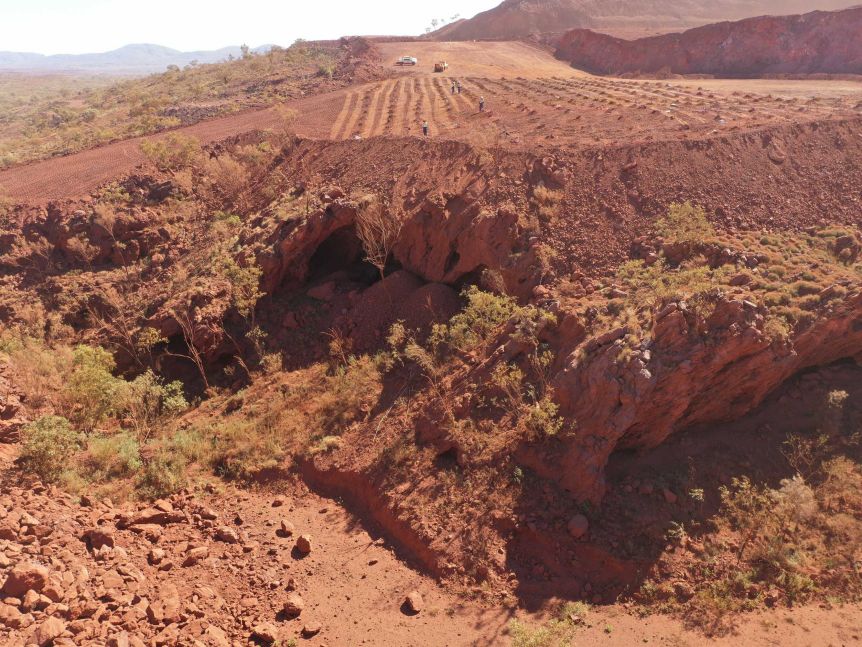
Mining News Pro - Damage caused to an Aboriginal rock shelter by mining giant Rio Tinto in August underscores the need for better heritage protection laws and a greater say for Indigenous groups promised in this month’s Voice referendum, advocates say.
Rio admitted on Sept. 21 to damaging a rock shelter on Aug. 6 in Western Australia’s Pilbara region while blasting at a nearby iron ore mine. Rio is now working with the Muntulgura Guruma people to assess what had happened, it said.
Rio’s destruction of rock shelters at Juukan Gorge in 2020 prompted a global outcry, the departure of top executives and a parliamentary enquiry that recommended an overhaul of Australia’s Aboriginal heritage protection laws.
“Regrettably, it seems as though Rio’s blast management plan has failed on this occasion leaving the Muntulgura Guruma People to pick up the pieces,” said Wintawari Guruma Aboriginal Corporation (WGAC), which represents the Muntulgura, in a statement. “Any impact is of course unwelcome.”
The blast on Aug. 6 led to the fall of a Pilbara scrub tree and one square metre of rock from the overhang of a rock shelter estimated to have been inhabited for 40,000-50,000 years.
Rio Tinto, which did not make a public statement for seven weeks, said it was sorry for the incident, and that it had taken steps to inform appropriate parties.
“As soon as we identified it, we informed traditional owners, we informed the regulator, we informed our employees at that mine site around what happened and that was for us the appropriate steps to take,” Rio’s iron ore boss Simon Trott told public broadcaster the ABC last week.
Lawmaker Warren Entsch, who led the parliamentary enquiry into Juukan Gorge, said Rio shouldn’t have caused the damage in the first place, and should have been more transparent in disclosure.
“Clearly no lessons have been learnt,” he told Reuters.
Rio said it has reformed its business since Juukan including changing its blast procedures to better protect heritage sites, revising internal governance including around policies, procedures and practices, and improving its transparency.
Reaction to the incident has been more muted compared to the outrage over the Juukan Gorge rock shelters so far.
Rio’s initial assessment indicating no structural damage or impacts to cultural materials, which it had assessed via drone footage, had broker Morgan Stanley “somewhat relieved,” it said in a note to clients.
VOICE FOR HERITAGE
Looming over the incident is Australia’s upcoming Indigenous Voice referendum set for Oct. 14 that would create a panel to advise parliament on issues affecting the Aboriginal and Torres Straits Islands communities.
James Fitzgerald, legal counsel at the Australasian Centre for Corporate Responsibility (ACCR) said investors should be aware that industry self-regulation does not effectively manage the destructive impacts of mining.
“It’s hard to think of a more compelling practical example of the need for an Indigenous Voice in the mining policy debate,” he said. “As long as Indigenous people are not represented at tables where laws and policies affecting them are made, we will witness more unjust and unnecessary outcomes.”
Rio and other major companies have spoken out in support of the Yes vote. But as the vote draws closer, the issue is becoming more contentious and support has dipped.
Some Indigenous supporters say fear that criticism of the latest incident may further erode backing for the referendum is contributing to the muted reaction.
“In speaking to traditional owners, there is a reluctance to loudly criticise heritage protection issues in the state at the minute in case it galvanises the no vote in the upcoming referendum,” Jamie Lowe, CEO of land rights advisory body National Native Title Council, told Reuters.
The incident also comes as Western Australia is set to overturn its 2021 Aboriginal cultural heritage protection laws, introduced on July 1 after the destruction of the Juukan Gorge shelters. The law was repealed after just five weeks in force due to opposition from landowners.
A spokesperson for the state department regulating Aboriginal heritage protection said it was in contact with Rio Tinto but it was not investigating the latest incident.
“Aboriginal people are best placed to speak to matters relating to their cultural heritage, and whether or not it has been impacted. Should the Department receive a complaint from Wintawari Guruma Aboriginal Corporation, it will act immediately to investigate.”
WGAC said it had not yet complained to the regulator but reserved its rights to do so once it had established the facts and would visit the site in the coming weeks.
Short Link:
https://www.miningnews.ir/En/News/627449
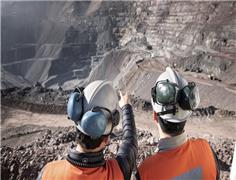
Anglo American Plc said it is has received an unsolicited non-binding combination proposal from BHP Group.
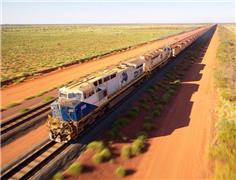
Australia’s Fortescue on Wednesday logged a larger-than-expected decline in third-quarter iron ore shipments, following ...
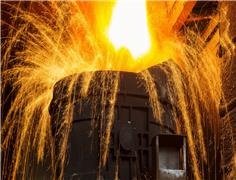
Iron ore futures prices ticked lower on Monday, weighed down by diminishing hopes of more stimulus in top consumer ...
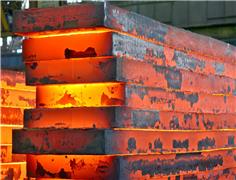
Iron ore futures prices drifted higher on Thursday as the latest soft data from top consumer China triggered renewed ...

Vitol Group confirmed that it’s starting to rebuild a trading book for metals after a long stint out of the market, with ...
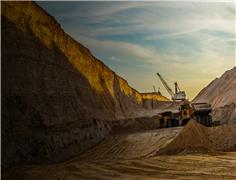
Australia’s Fortescue said on Monday it would form a joint venture with OCP Group to supply green hydrogen, ammonia and ...
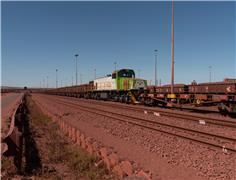
Iron ore reversed direction after dropping to its lowest level in 10 months as optimism that the country’s economic ...
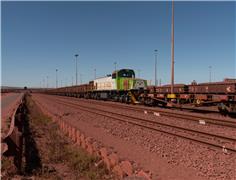
Iron ore reversed direction after dropping to its lowest level in 10 months as optimism that the country’s economic ...
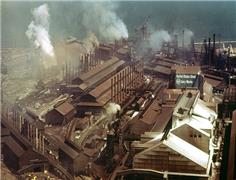
Nippon Steel intends to pursue its proposed acquisition of US Steel and wants its “deep roots” in the United States to ...
No comments have been posted yet ...